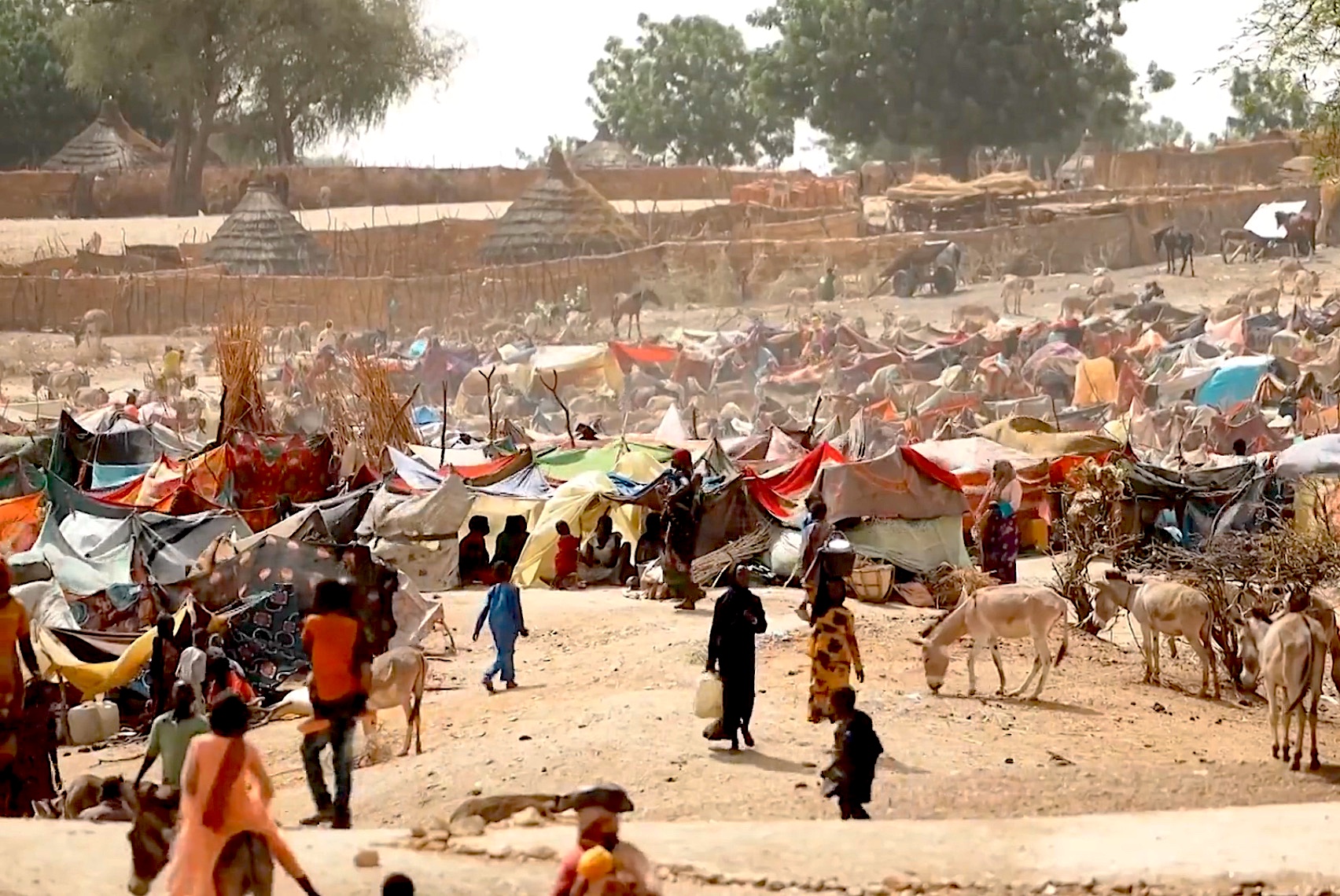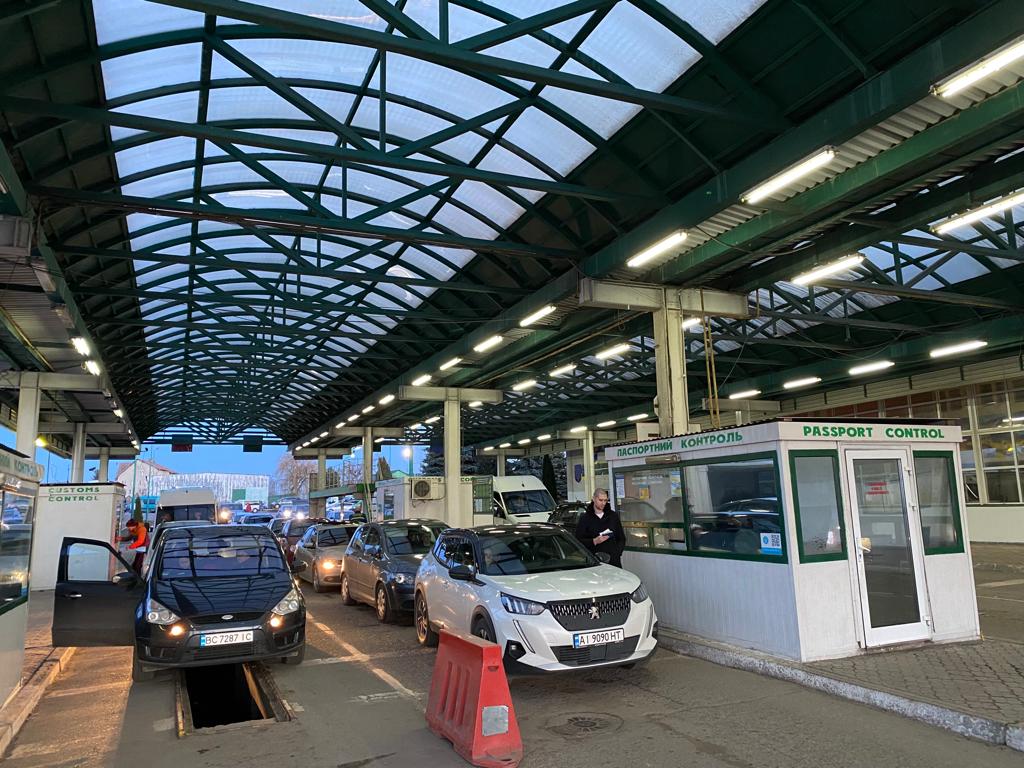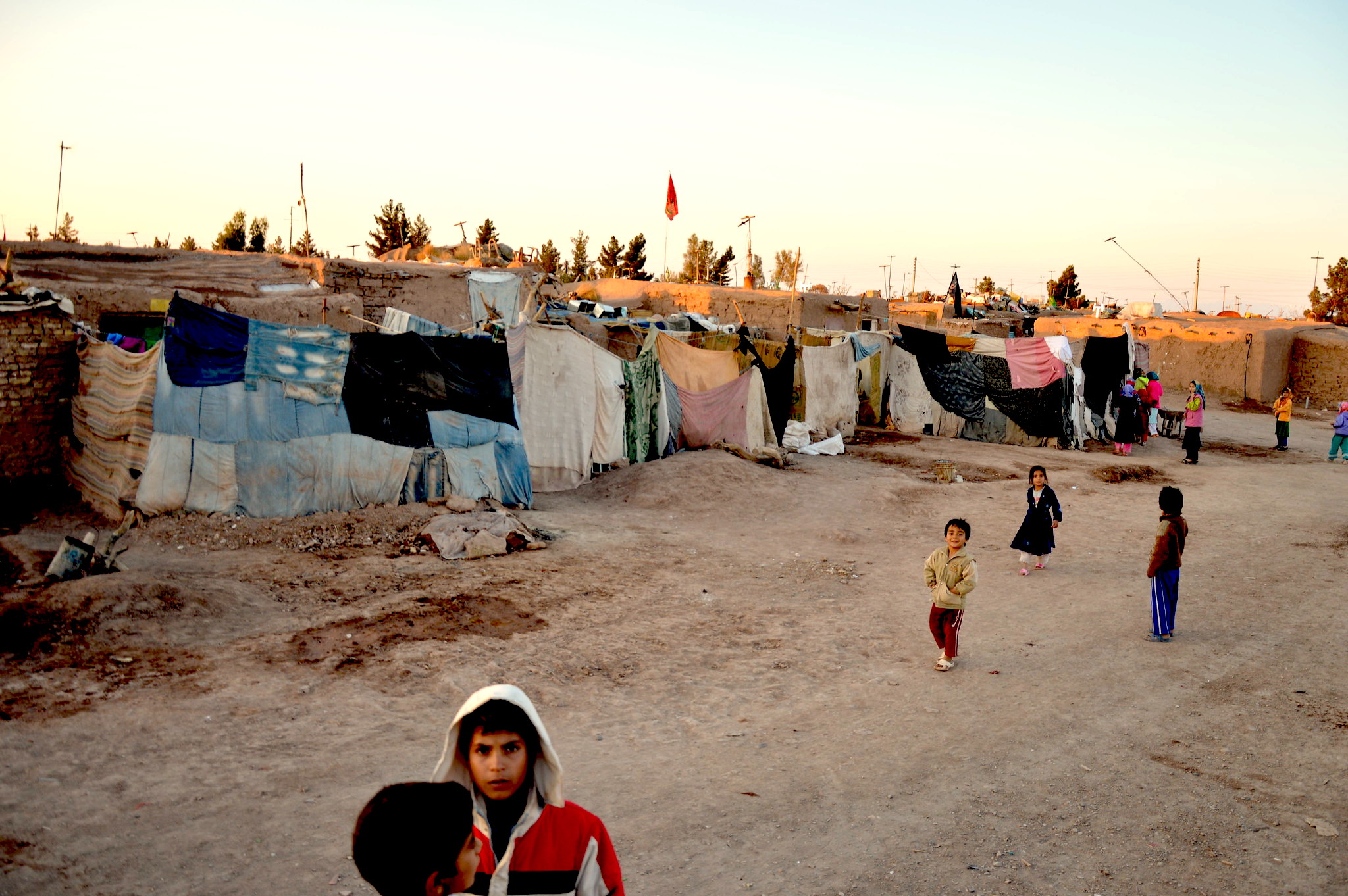Countries in the Global South are taking disproportionate responsibility for resettling the record numbers of displaced people, finds the U.N. refugee agency’s annual report.

Sudanese refugee camp in Chad, May 16, 2023. (Henry Wilkins/VOA, Public domain, Wikimedia Commons)
The refugee population has hit a record of 110 million people who have been driven from their homes due largely to violent conflicts and climate-related disasters — with the numbers showing the crisis is rapidly intensifying with each passing year, according to the United Nations refugee agency’s annual report on forcible displacement across the globe .
At the end of 2022, more than 108 million people were living as refugees — up nearly 20 million from the previous year, says the report, Global Trends in Forced Displacement 2022.
The recently erupted conflict in Sudan has pushed millions more people out of their homes this year, bringing the mid-year total to 110 million.
More than 32.5 million people have also been displaced by disasters, including those caused by the climate crisis, and 21 percent of those refugees have left their homes in the world’s least developed countries and small island nations.
Dominique Hyde, director of external relations for the U.N. High Commissioner for Refugees (UNHCR), said the agency’s report , released Wednesday, marks “a world record that no one wants to celebrate.”
The majority of people — 58 percent — who have been forcibly pushed out of their homes have gone elsewhere in their own countries. More than 35 million people have fled their home countries to find refuge from conflicts, persecution, and the effects of planetary heating, including drought and flooding.
The war in Ukraine has caused the fastest growth in refugee numbers since World War II and was the main driver of displacement in 2022, with 5.7 million people having fled the country by the end of last year.

Refugees from Ukraine at border posts in the west of the country. (CC BY 4.0, Wikimedia Commons)
Violence in Ethiopia, the Democratic Republic of the Congo, and Myanmar have also displaced more than one million people each, as vulnerable residents fled to safety within their own countries.
In Somalia, an extreme drought that began in January 2021 has now displaced one million people. The drought has been linked to the climate crisis and the food shortage it’s caused has been exacerbated by the war between Russia and Ukraine, which collectively used to provide Somalia with 90 percent of its wheat.
“This one-million milestone serves as a massive alarm bell,” said Mohamed Abdi, the Norwegian Refugee Council’s (NRC) director in Somalia. “Starvation is now haunting the entire country.”
About 6 million Palestinian people are currently refugees, as well as 6.1 million Syrians, 5.7 million Afghans and 5.5 million Venezuelans.
Global South Resettling Disproportionate Share
While low- and middle-income countries are where refugees typically come from, countries in the Global South also disproportionately take responsibility for welcoming and resettling displaced people, compared to wealthy nations.
More than three-quarters of refugees are hosted in low- and middle-income countries.
“The 46 least developed countries account for less than 1.3 percent f global gross domestic product, yet they hosted more than 20 percent of all refugees,” said the UNHCR.
Iran is currently hosting 3.4 million refugees, including many from Afghanistan. Colombia and Peru have also welcomed millions of Venezuelan refugees, while countries including the United States have enacted policies in recent months making it more difficult for people fleeing persecution and conflict to find refuge there.
“We see increasingly a reluctance on the part of states to fully adhere to the principles of the [1951 refugee] convention, even states that have signed it,” Filippo Grandi, the high commissioner for refugees at the U.N., told Reuters.
The record-breaking number of international refugees shows that policymakers “are far too quick to rush to conflict, and way too slow to find solutions,” said Grandi in a statement.
“The consequence is devastation, displacement, and anguish for each of the millions of people forcibly uprooted from their homes,” he said.
The agency noted that the refugee crisis has exploded in the past decade after roughly 20 years of relatively stable numbers that hovered around 40 million people worldwide prior to the conflict in Syria that began in 2011. Now, more than one in every 74 people is displaced.
“This has been a dark decade,” Jan Egeland, secretary-general of the Norwegian Refugee Council, told Al Jazeera.

Afghan refugees in Iran, 2013. (EU/ECHO Pierre Prakash, Flickr, CC BY-NC-ND 2.0)
He said:
“Every year, the world watches the number of displaced people increase, and then does too little to protect and assist the displaced. There is a reason for the dramatic increase in refugees and internally displaced: we fail to prevent war and violence, and national and international leaderships fail in conflict resolution where we have protracted emergencies.”
Hyde, the director of external relations for the UNHCR, noted in a column at Reuters that there are solutions that would help mitigate the refugee crisis, both by allowing people to stay safely in their homes and ensuring they are given support in host countries.
“When refugees are included in national systems and given opportunities to study and work, they move out of a state of dependency to one of self-reliance, contributing to local economies to the benefit of themselves and their hosts,” wrote Hyde.
“If host countries were given proper support on job creation, educational provision, technology, climate change mitigation, healthcare, and more, both the displaced and local communities would benefit.”
“We have also seen refugees and IDPs [internally displaced people] return home when the conditions are right,” she added. “During 2022, at least 5.7 million IDPs returned home, while 339,300 refugees were also able to go back to their country of origin. But this can only happen if lasting peace is achieved.”
Julia Conley is a staff writer for Common Dreams.
This article is from Common Dreams.
Views expressed in this article and may or may not reflect those of Consortium News.
Support CN’s Spring
Fund Drive Today



When you look at the cause of the conflicts that have displaced so many millions – all roads lead back to Washington!
Hi WillD
What is even more sad is that millions have been killed throughout the world that we in America know nothing about. It seems that while in WW 2 , America was the last one standing—–this neo America seems to lack both credibility and standing. : (